Sustainable Development
The 2030 Agenda and SDGs
On September 25th, 2015, world leaders adopted a set of goals to end all forms of poverty, fight inequalities, protect the planet and ensure prosperity for all as part of the 2030 Agenda for Sustainable Development.
Governments, businesses, and civil society together with the United Nations have started to mobilize efforts to achieve the Sustainable Development Agenda by 2030, the Agenda calls for action by all countries to improve the lives of people everywhere.
Based on the success of the United Nations’ Millennium Development Goals (MDGs), on 1 January 2016, the 17 Sustainable Development Goals (SDGs) also known as Global Goals of the 2030 Agenda for Sustainable Development officially came into force.
Sustainable Development Goals
Sustainable development
The Ministry of Human Resources and Social Development strives to apply sustainable development in its comprehensive sense to all the work, services, transactions and actions carried out by it, both internal and external, that belong to its beneficiaries; According to thoughtful plans that take into account the human, social and economic dimensions of everything they offer.
The digital transformation initiative aims to facilitate and ease the procedures of the Ministry of Human Resources and Social Development by electronically transferring the work provided to beneficiaries without having to visit its headquarters or offices located in the kingdom's cities.
This initiative will eliminate paperwork entirely; This has a positive impact on the environment by reducing the use of paper as well as vehicles to reduce pollution, thus contributing to the achievement of the Sustainable Development Goals.
This initiative develops regulatory frameworks and facilities to attract private and non-profit capital with a view to maximizing philanthropic capital; This contributes to higher non-oil GDP and higher added value, and the initiative supports social investment by charities and social organizations, enabling them to find adequate and recoverable funding; to meet their capital needs and to increase the positive impact on society, taking into account their needs and priorities.
Creating a motivating work environment
The initiative seeks to create a motivated work environment with distinct standards. It aims to improve the work of the ministry and raise the productivity of its employees. It also aims to develop this environment and its follow-up mechanisms using scientific and behavioral standards, which concern the culture of ministry employees and conform with international best practices in raising the level of competence and professional engagement for them.
This initiative will transform the management of employees in the Ministry into a modern management of human resources by training its employees with professional degrees in this field and supporting them in developing processes and structures; and enable them to contribute to the achievement of the Sustainable Development Goals.
- Modern human resource management.
- Qualifying ministry staff for transition to modern management of human resources.
- Launch of the training program for the qualification and development of human resources staff and leaders.
- Establishment of a Strategic Workforce Planning Unit.
The initiative aims to establish civil associations and organization specialized in many new fields, including:
- Raising awareness and building culture to orient society towards development.
- Developing a stimulus package for the establishment of these specific associations and organizations.
- Creating and activating new modes of community work.
- Facilitate the establishment of local associations to enable community participation.
- Conduct a demographic survey and develop a non-profit sector information platform.
- Share information about the sector and promote its role, impact and needs in society.
- Organize and activate the role of coordinating councils for associations and organization.
- Developing mechanisms and standards for competitive support for these associations and organizations.
The Ministry of Human Resources and Social Development strives to apply sustainable development in its comprehensive sense to all the work, services, transactions and actions carried out by it, both internal and external, that belong to its beneficiaries; According to thoughtful plans that take into account the human, social and economic dimensions of everything they offer.
Foundations and components of sustainable development:
The basic elements of sustainability pertaining to the Ministry’s works
-
General principles of a sustainable development strategy:
- The quality of human resources performance and productivity in the Kingdom.
- Developing functional capacities and build and prepare leaders.
- Continue to strengthen cooperation between government agencies.
- Increasing the efficiency and effectiveness of government agencies.
- Developing quality of services and focus on beneficiaries.
- Strengthen the regulatory role, develop policies in ministries and improve decision-making mechanisms.
- Development of civil service laws and regulations.
- Developing human cadres and focus on merit.
- Propose the general structure of job classification.
- Achieving sustainable, functional development in the human sphere.
- Achieving economic development by investing in staff.
- Achieving intellectual development through the development of administrative and creative thinking.
- Harnessing e-government and its components for sustainable development.
- The utilization of e-government principles and concepts, and the opportunities offered by its projects and components.
- Promoting the principle of transparency and mutual responsibility through open data.
- Achieving the principle of participation and cooperation with the relevant parties through electronic transactions.
- Achieving the speed of completion and shortening the time by harnessing the tools of technology in the work and developing what it is.
- Achieving e-transformation as a step toward environmental conservation and natural resource consumption reduction.
- Prepare future leaders in government organizations.
E-services contributions to sustainable development goals:
Develop government services through the application of global best practices. Focus on spreading a culture of distinguished service. Launch a program to re-engineer and streamline procedures in ministries. Create a unified services window. Operationalize the e-government program with a comprehensive service delivery transformation approach. Develop strong central infrastructure to support the e-transformation of ministerial systems and services. Building a common database for public sector employees.
Actions of the Ministry of Human Resources and Social Development to foster sustainable development:
Balancing needs with available resources. Activating the role of society and its involvement in opinions. Detailed and comprehensive action plans. Provide alternative solutions and precautionary measures. Set applicable goals. Increase public awareness of the Ministry's work, so that the participation of its beneficiaries and society is positive. Enable digital communication. Promote the use of technology through online services that facilitate quality control and auditing and community voice monitoring.
The Ministry of Human Resources and Social Development is one of the most important service agencies in the Kingdom:
The Ministry has set easy access to its services anywhere and at any time as a strategic goal, bringing considerable economic value to the private sector and individuals, and saving the time and effort of its employees to complete transactions as quickly as needed.
All transactions in the kingdom will be electronic, and no office visits will be required when visas are issued or otherwise, this made it one of the most important service sectors in Saudi Arabia.
The biggest proof of the Ministry's long electronic transformation is "Nitaqat" and "Hafiz"; All registration and follow-up procedures are done automatically. The Ministry also has electronic employment programs that require registration, which provide knowledge of the qualifications and skills required for each job or job applicant, and it also allows applications for candidacy to companies that offer its available jobs
The Ministry has developed a number of electronic services, including:
- Transfer of employment between the branches of the unified number.
- Transfer of employment service from one employer to another.
- Managing the powers of delegates.
- Assessment of entities to identify the scope.
- Changing the activity of the entity.
- Change of occupation of an employee.
- Issue work permits.
- E-Recruitment for Premium Range Entities (Coming Soon).
In order to provide high-quality services to its employees without papers, the Ministry announced internal communication through a package of electronic services, including the employee's virtual office "Toward a Ministry without Papers", in addition to the electronic messaging system (the new administrative communications system), as well as the human resources system, electronic services for employees, and comprehensive communication.
There is also an electronic link between the Ministry of Human Resources and Social Development and some relevant government agencies, including: the Ministry of the Interior (National Information Center), the Ministry of Trade and Investment, the Ministry of Municipal and Rural Affairs (municipalities and secretariats), the Ministry of Education, Public Pension Agency, General Organization for Social Insurance, Technical and Vocational Training Corporation, and Saudi Human Resources Development Fund (HADAF).
The Ministry launched the "Ajeer service" to improve the performance of workers in the kingdom, reduce visa trading, reduce the number of unskilled workers, and improve the quality of legal workers.
In the area of shared services, the Ministry has launched the Government Resource Planning Systems (GRP) and the Correspondence System; Believing in the importance of pushing for a "paper-free government", which contributes directly to a positive impact on sustainable development.
Through the Ministry's portal, the Documentation Service enables human resources departments in government agencies to electronically register applications for the authentication of signatures of government employees, update employee data in the Ministry's systems, and provide training and research services; The ministry is working to provide a unified mechanism for all government agencies to submit training and scholarship applications for their employees, while "Achieving Service" is concerned with developing electronic retirement application procedures in cooperation with Public Pension Agency.
Dimensions of the Ministry of Human Resources and Social Development's services linkage to sustainable development:
Economic dimension:
- Developing government services through the application of global best practices.
- Focusing on spreading a culture of distinguished service.
- Launching services to re-engineer and simplify procedures in ministries.
- Creating a unified window for services provided to the employee and beneficiary.
- Activate e-government program while adopting a comprehensive approach to service delivery, in line with the Kingdom's Vision 2030.
- Reduce physical cost by shortening roles and reducing paper use.
- Increasing the efficiency and effectiveness of government agencies.
- Developing quality of services and focus on beneficiaries.
- Developing strong central infrastructure to support the e-transformation of ministerial systems and services.
- Building a common database for public sector employees.
Environmental dimension:
To reduce the use of paper, to conserve natural resources, and the resources it contains, which Allah has dedicated to the service of man, and the need for its continued use.
Social dimension:
- Continue to promote collaboration between government agencies to maintain data quality.
- Accelerate progress, save time by harnessing technology tools at work.
- Promote transparency and mutual responsibility through open data.
- Link to the Ministry's results on the level of achievement in the National Transformation Program 2020 - (First quarter of 2017)
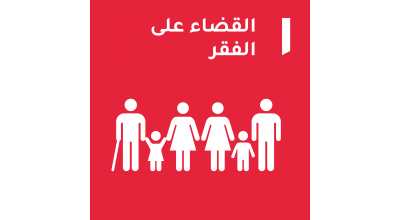

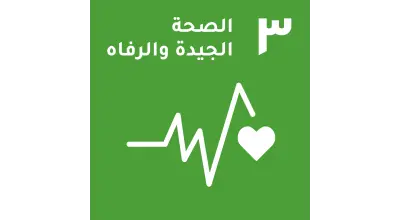
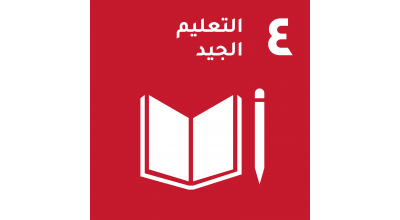
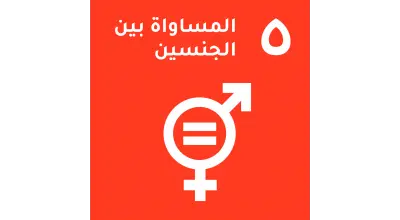
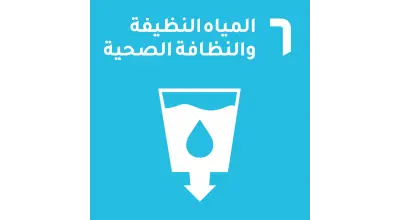
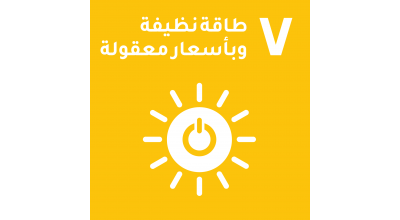
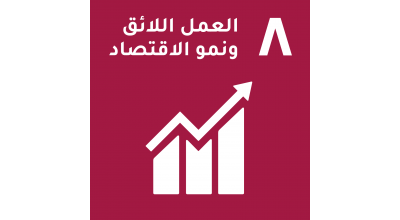
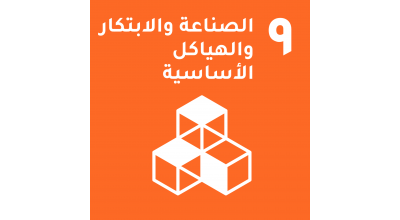
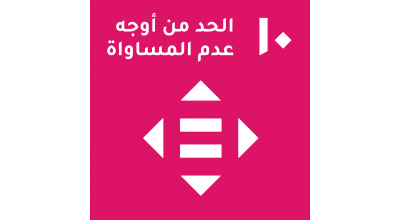
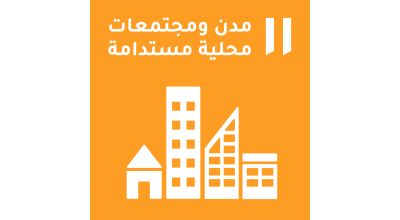
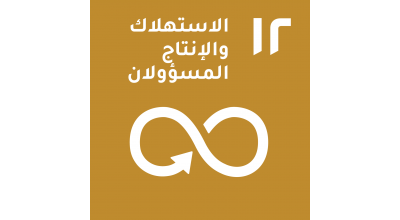
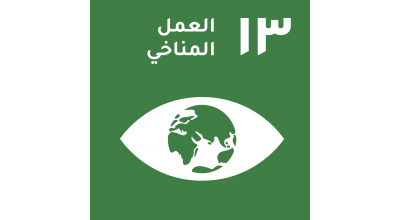
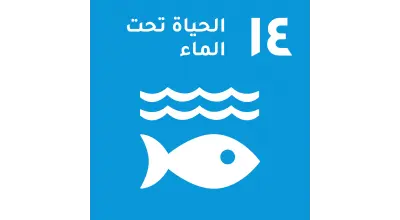
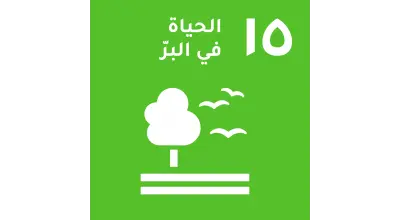
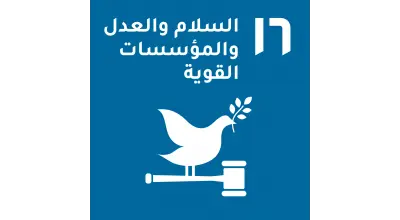
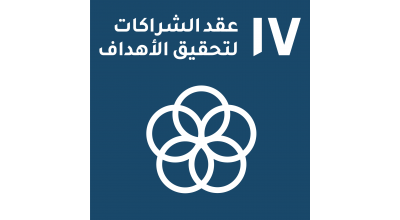
.jpg%3Fitok%3Dc6o1QUnU&w=828&q=75)